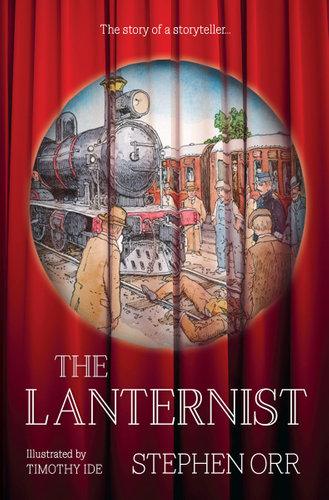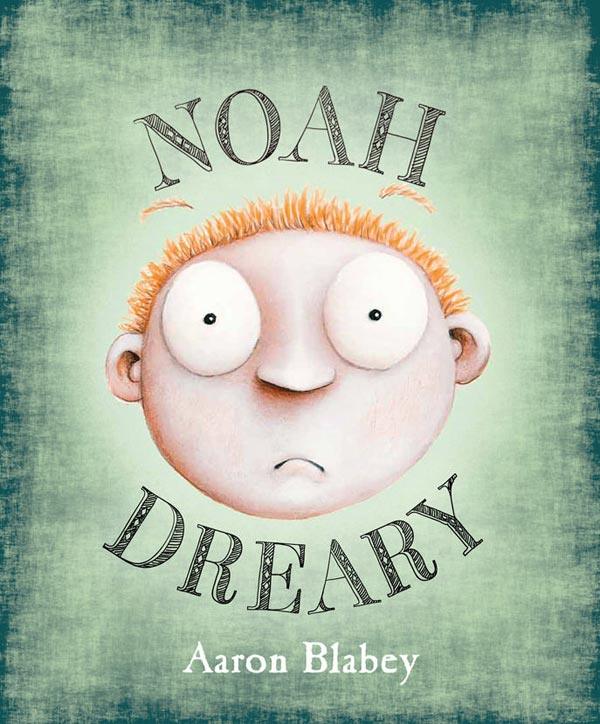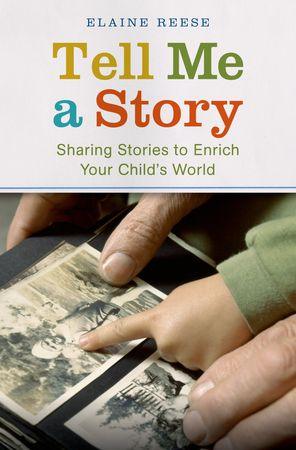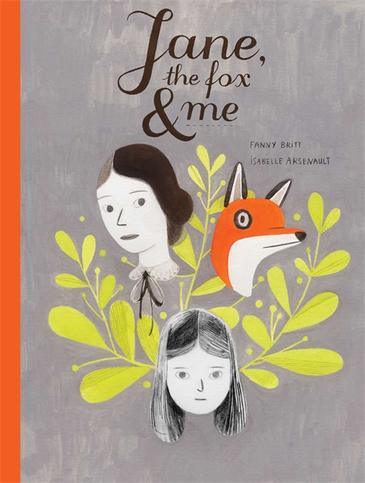Stephen Orr (text) and Timothy Ide (illustrator), The Lanternist, MidnightSun Publishing, July 2021, 400 pp., RRP $19.99 (pbk), ISBN 9781925227840
The Lanternist follows in the footsteps of classic historic adventure stories for young readers. It will appeal to those who loved Brian Selznick’s The Invention of Hugo Cabret, and Ruth Park’s Playing Beattie Bow.
Our eleven year old hero, Tom Eliot, lives with his dad Bert in Adelaide. It’s 1901 and the world is (as always) embracing new technologies, threatening Bert’s livelihood. Bert is a master of the magic lantern; enthralling crowds with his storytelling skills, supported by the images projected by his lantern. Tom’s mother has been missing for some time, and when Bert also disappears, Tom begins a perilous search to find them both.
Stephen Orr does not hide the many hardships experienced by the poor living in city slums, and we see how quickly a comfortable life can be stolen away, leaving a boy to fend for himself. Tom meets some ‘real stinkers’, but ‘he can tell a rotten egg from a double-yoker’. Church-run charities are viewed with suspicion, as Tom notes ‘that people had very strange ideas about compassion’.
Tom is a born philosopher, and his yearning for his missing mother is heartbreaking. Orr poignantly captures Tom’s confused feelings:
How people came into your life and lingered, and made you who you were and what you wanted to be, and how you spoke and sang and cared and practised copperplate, and everything, really. And how these people left, disappeared, like angels flying across the wall of the Richmond Town Hall, although they were never gone. How you spent your life looking for them, whether you wanted to or not. And how, perhaps, you didn’t even know where to look, or how to get there, or what you’d do when you arrived. But you just keep going, riding your donkey [Don Quixote reference], searching.
There are some truly unsavoury characters in this book, but there are also some with hearts of gold. Allusions to prostitution and backyard abortion, not to mention descriptions of bear-baiting make this book (in my opinion) inappropriate for primary school readers.
Literary allusions, particularly to Don Quixote, may be lost on the intended audience, and the use of idioms and colloquialisms of the day can be confusing. Perhaps a glossary would help some readers? But then again, maybe I’m not giving young readers the credit they are due!
Special mention must be made of the illustrations by Timothy Ide, which are in the style of images from a magic lantern. These add a real sense of time and place to the book, giving readers a better understanding of how a magic lantern works.
The Lanternist is a fast-paced adventure set in Adelaide and Sydney at the turn of last century. The hero, Tom, is resourceful, honest and kind, and readers will find him easy to relate to.
Highly recommended for readers aged 12+.
Reviewed by Gaby Meares






